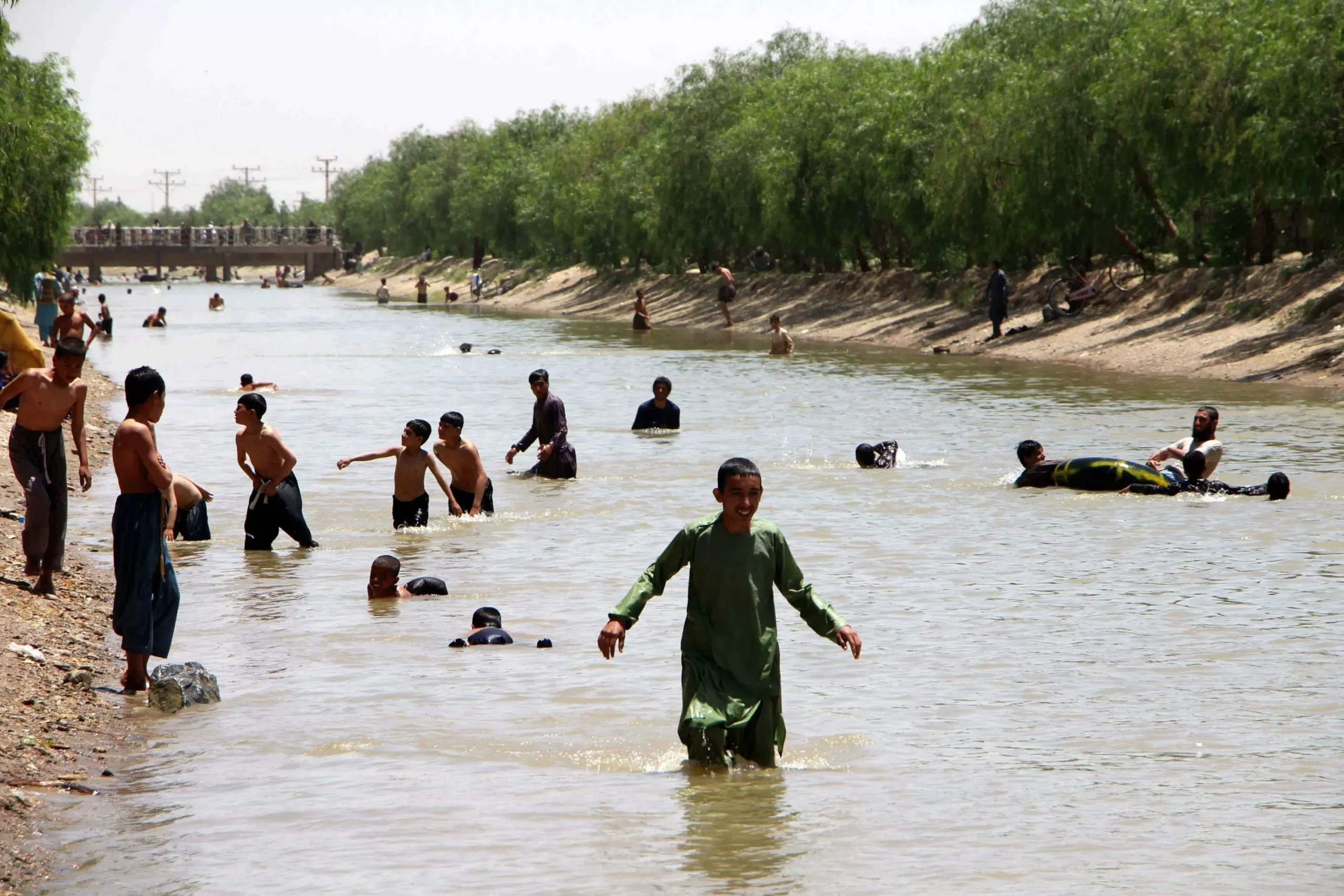Despite significant progress in recent years, Afghanistan continues to face a number of challenges, including natural disasters. In particular, the country has been hit hard by flash floods in recent weeks, leaving tens of thousands of children in dire need of assistance. According to UNICEF, the U.N. children’s agency, the most affected areas are located in the north and west of the country.
The situation is particularly alarming for children, who are the most vulnerable group in times of crisis. Many have lost their homes and belongings, and are now living in temporary shelters with limited access to clean water, sanitation and health care. In addition, many schools have been damaged or destroyed, depriving children of their right to education.
UNICEF is working tirelessly to address the immediate needs of the affected children and their families. The agency has set up temporary learning spaces to ensure that children can continue their education, even in the midst of the crisis. These learning spaces are equipped with essential materials, such as books, pencils and notebooks, so that children can continue their studies and maintain a sense of normalcy in the midst of chaos.
In addition, UNICEF is providing safe drinking water and distributing hygiene kits to prevent the spread of diseases. Hygiene promotion activities are also being carried out to educate children and their families on the importance of handwashing and other hygiene practices to stay healthy and safe.
But the needs of these children go far beyond basic necessities. Many have experienced trauma and are in desperate need of psychosocial support. UNICEF has trained teachers and community volunteers to provide counseling and support to children who have been affected by the floods. This is crucial in helping children cope with the emotional impact of the disaster and rebuild their lives.
The agency is also working closely with the government and local partners to ensure that children are protected from exploitation, abuse and trafficking in the aftermath of the floods. This is a major concern in times of crisis, as vulnerable children are at a higher risk of falling prey to these dangers.
Despite the immense challenges, UNICEF remains committed to reaching every child in need. The agency is continually assessing the situation on the ground and adapting its response to meet the evolving needs of the affected children and their families.
But UNICEF cannot do it alone. The agency is appealing to the international community to provide much-needed support to the children of Afghanistan. The funds raised will be used to provide food, shelter, clean water, health care, education and psychosocial support to children affected by the floods. Every donation, no matter how small, can make a big difference in the lives of these children.
It is heartening to see the resilience of the Afghan people, especially the children, in the face of such adversity. They have endured years of conflict and now must face the aftermath of natural disasters. But with the right support, these children can overcome these challenges and build a better future for themselves and their country.
In the midst of the devastation, there are also stories of hope and courage. Children and families are coming together to help each other and rebuild their communities. This is a testament to the strength and resilience of the Afghan people.
UNICEF is committed to standing with the children of Afghanistan and providing them with the support they need to overcome this crisis. But we need the support of the international community to make this possible. Let us come together and show these children that they are not alone, and that we are here to help them recover and thrive once again.








